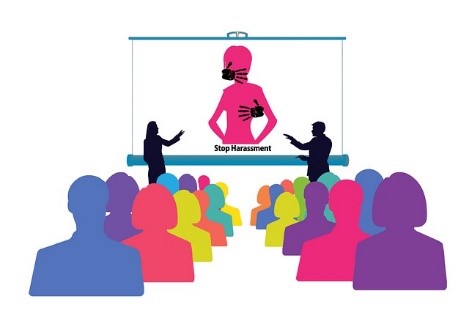What Are Unpaid Wages?
Unpaid wages are any amount of money that an employer fails to pay their employee in full for work performed. This includes both current working hours and any overtime hours worked. Unpaid wages also cover any vacation or sick time that was not compensated for, as well as any bonuses or commissions due to the employee.
How Can an Attorney Help?
An unpaid wages attorney can provide legal advice on the best way to proceed in order to get the money that is owed to you. Depending on the specifics of your case, they may suggest filing a complaint with the Department of Labor, filing a wage claim with the state labor department, or taking your employer to court. They will also provide guidance throughout each step of the process, keeping track of deadlines and other important details that could affect your case. Additionally, they can negotiate with your employer on your behalf in order to try and reach a settlement agreement without having to go through litigation.
If it comes down to litigation, then having an unpaid wages attorney by your side is even more important. They will handle all aspects of your case from start to finish, including gathering evidence and witnesses, filing paperwork with the court, and representing you during negotiations or trial proceedings. They will also ensure that all applicable laws are being followed during this process so that your rights are protected every step of the way.
Conclusion: Hiring an unpaid wages attorney is an important step when it comes to getting back what is rightfully yours from employers who have not paid all due compensation for work performed. An experienced lawyer will be able to provide legal advice and represent your interests if necessary in order to get you back on track financially again quickly and efficiently. It is important that those who feel they have been wronged by their employers understand their rights under federal and state laws so they do not miss out on any potential compensation they are entitled too—an unpaid wages attorney can assist with this understanding while ensuring all applicable laws are being adhered too throughout each step of this process as well!


 December 12th, 2022
December 12th, 2022  Samuel
Samuel 

